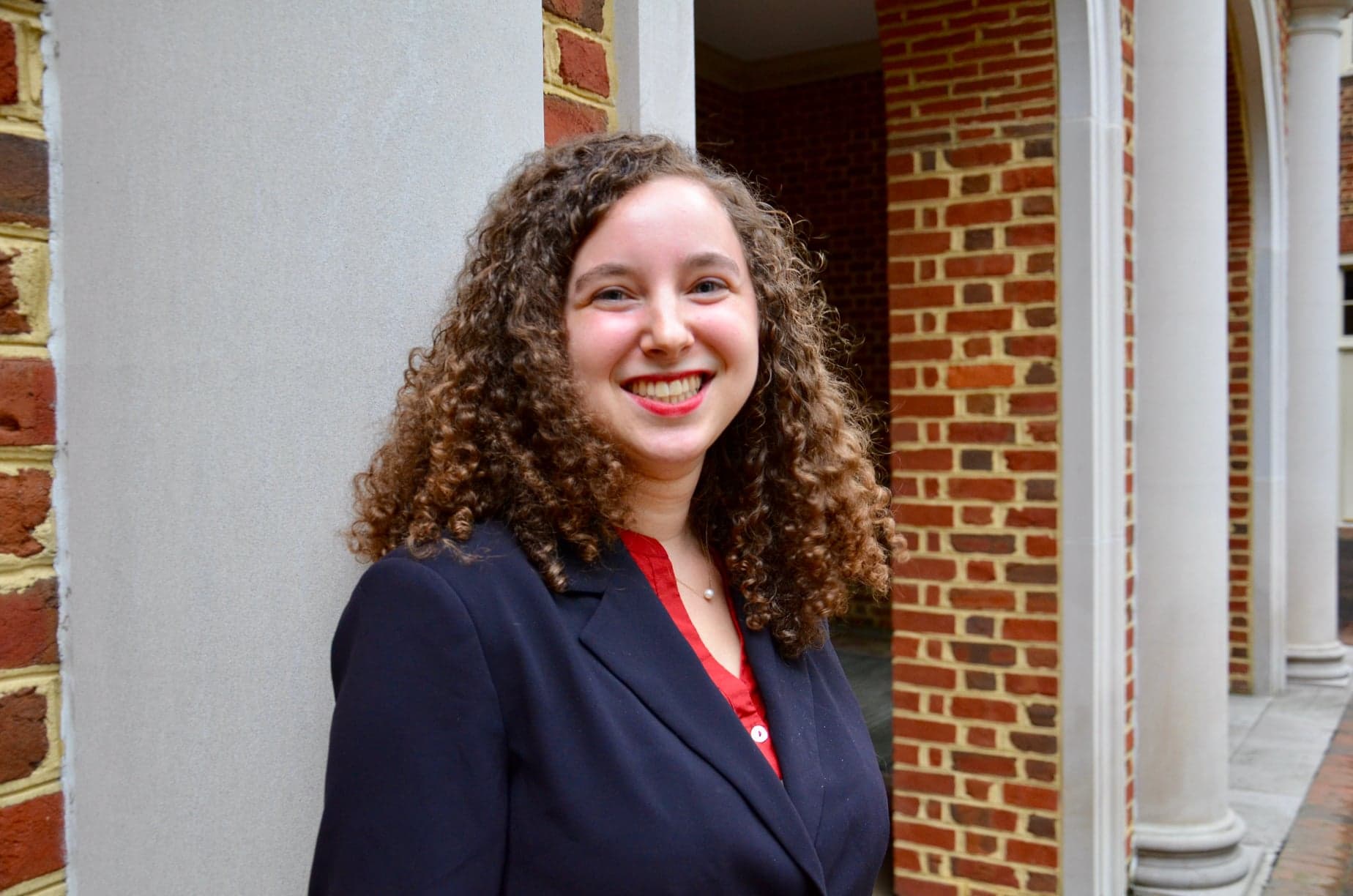Post By: Wendy Wrobel

My name is Wendy Wrobel and I am a 1L at Regent University School of Law. Learning about the Center for Global Justice at Regent Law was what initially inspired me to apply to Regent; I am honored to be working on the staff. Global justice has always been a central part of my life. My parents have always taught and taken seriously the call to serve those in the margins of society, and it is my desire to do the same. From ages 5-12, my family lived in Langfang, China, where my parents worked with a non-profit that served orphans and the disabled in the community. Orphans and the disabled in China are a voiceless part of the Chinese community; my parents spent their time in China advocating for their voice to be heard. When we came back to the U.S. my parents continued advocating, including helping to advocate for Russian orphans when the Russian Adoption Ban was instituted in 2012. My mother helped in the creation of the documentary “To the Moon and Back”, which speaks to the plight of Russian orphans, especially the disabled. These orphans are stuck in institutions where many don’t make it to age 18.
My parents work to lift the voiceless sparked a desire in me to do the same. For this reason, at the University of Minnesota, I pursed and received my bachelors in Global Studies with a focus on Human Rights and Justice. Since then I’ve interned at the Advocates for Human Rights, a legal NGO that advocates for those suffering from human rights violations around the world, and Bring Me Hope, an NGO based in China working to advocate for and raise awareness of orphans to the Chinese people.
This semester, I’ve been assigned to work with IJM Eastern Europe. Getting assigned to an IJM team specifically was very exciting for me, as IJM’s work around the world is one of the organizations that inspired me to become a lawyer.
So far, my research with the Center has focused around the definition of human trafficking victims, and the processes used to identify them in the UK through the National Referral Mechanism. The National Referral Mechanism in the UK provides a straightforward way an average citizen can report suspected victims, as well as provides definitions and data to help educate people about the reality of human trafficking. It has been so encouraging researching in this area of law. To see the effort of so many men and women working tirelessly to identify and provide service for victims of human trafficking, in addition to recognizing people who are at risk in order to prevent further victims.
The amount of research it takes to even find a government’s definition of a word or phrase is eye opening, giving me a deeper respect for lawyers around the world, especially those who do the research to write the definitions in the first place.
I look forward to continuing to learn and have my eyes opened through work with the Center for Global Justice.
This post was written by a Center for Global Justice Student Staff member. The views expressed in this post do not necessarily reflect those of Regent University, Regent Law School, or the Center for Global Justice.

